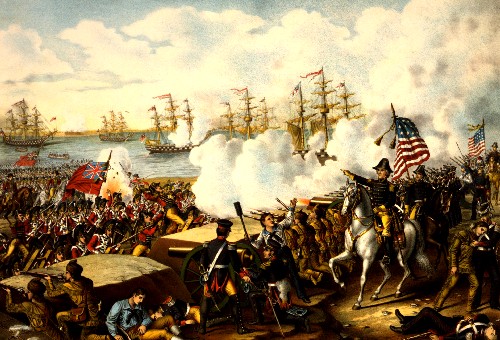David Blight
History is consisted of many different issues throughout the years. One of the many, important events taken place was the civil rights. Although there have been many books, documentaries describing the event, David Blight has his own take on it with his book Race and Reunion: The Civil War in American Memory. What is perceived in the book, illustrates some of the main and important issues that some people forget to discuss in detail with, such as how the civil war brought equality. What I liked about his book is that David seemed very honest. He went straight to the struggling points during the civil war and explained them in full details. He also states President Lincoln in the Gettysburg Address when he spoke of the war as bringing a rebirth of the republic in the name of freedom and equality. The reasoning for David to include this statement from President Lincoln is that to show the civil war brought freedom and equality to the society. He manages to tell people that the cause for the civil war event reunited society as a whole.



















